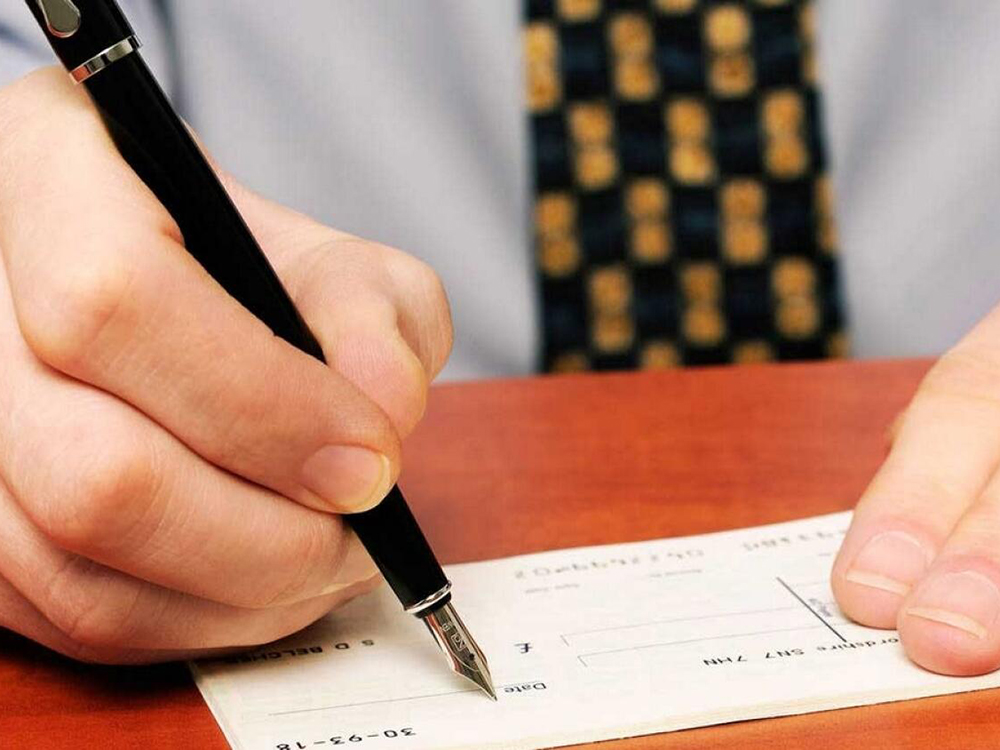
What legal action one can take in case of cheque bounce?
In case of a cheque bounce, legal action can be taken by the recipient or the holder of the cheque to recover the amount owed. Here are the legal actions that one can take:
- Legal notice: The first step in taking legal action for cheque bounce is to send a legal notice to the issuer of the cheque. The notice should contain details of the bounced cheque, the amount owed, and a demand for payment. The issuer is given a specific time frame, usually 15 days, to make the payment.
- Complaint to the police: If the issuer fails to make the payment within the time frame mentioned in the legal notice, the holder of the cheque can file a complaint with the police. The complaint should contain details of the bounced cheque, the amount owed, and evidence of the legal notice sent to the issuer.
- Filing a case in court: The holder of the cheque can also file a case in a court of law to recover the amount owed. The case can be filed in the court where the cheque was issued or where the holder of the cheque resides. The case can be filed under Section 138 of the Negotiable Instruments Act, 1881, which makes it a criminal offense to issue a cheque that bounces due to insufficient funds.
- Arbitration: If the issuer agrees to settle the matter through arbitration, the holder of the cheque can approach a local arbitrator or the court for arbitration proceedings.
It is important to note that legal action should be taken within the specified time limits as per the law, and it is advisable to seek legal counsel to ensure the best possible outcome.
How to file a cheque bounce case?
To file a cheque bounce case in India, the following steps need to be followed:
- Legal notice: The first step is to send a legal notice to the issuer of the bounced cheque demanding payment. The legal notice should be sent within 30 days of the cheque bounce, and should specify the amount owed, and a demand for payment.
- Filing a complaint: If the issuer fails to make the payment within 15 days of the legal notice, the holder of the cheque can file a complaint in the court where the cheque was issued or where the holder of the cheque resides. The complaint should include the details of the bounced cheque, the amount owed, and evidence of the legal notice sent to the issuer.
- Evidence: The complainant needs to provide evidence to support their case, such as the original bounced cheque, the legal notice sent, and any other relevant documents.
- Court fees: The complainant needs to pay the court fees as applicable. The amount of court fees varies from state to state, and it is advisable to check the court fees with the local court before filing the case.
- Representation: The complainant can either represent themselves or hire a lawyer to represent them in court.
- Trial: The court will schedule a hearing for the case, and both parties will be given an opportunity to present their case. The court will make a decision based on the evidence presented.
It is important to note that the process for filing a cheque bounce case may vary depending on the specific court and jurisdiction, and it is advisable to seek legal counsel to ensure the best possible outcome.
Advocate: J.S. Rohilla
Mobile: 88271 22304
